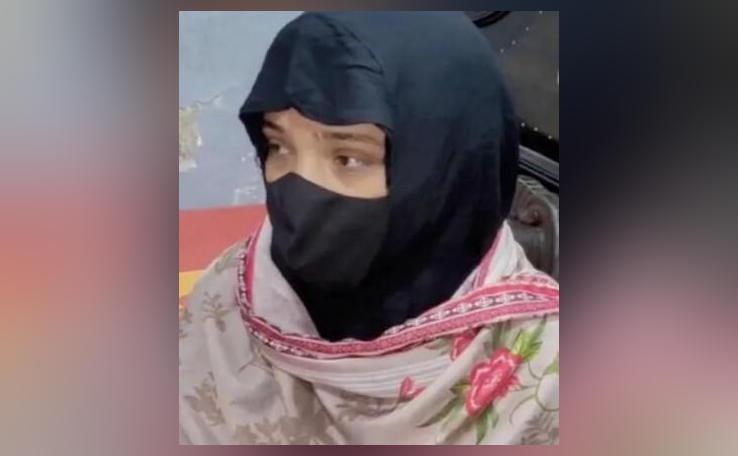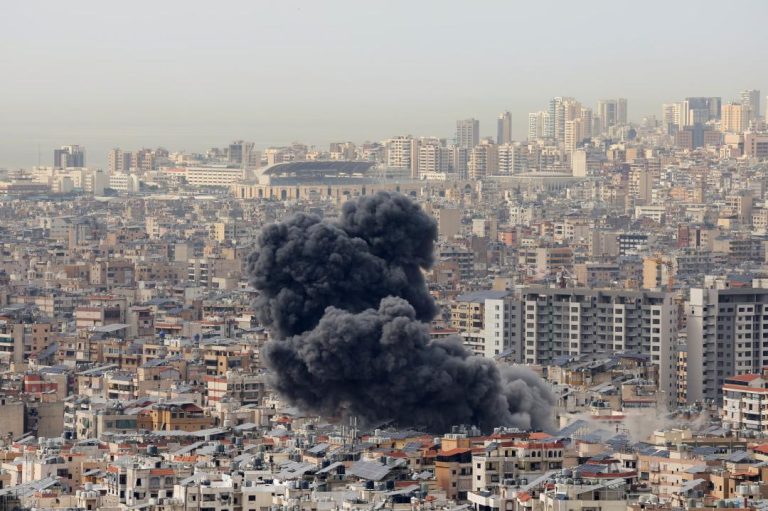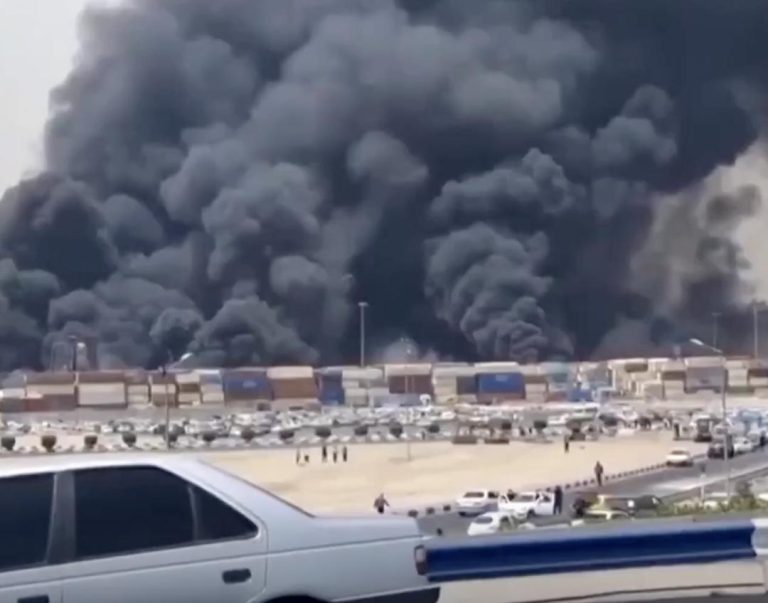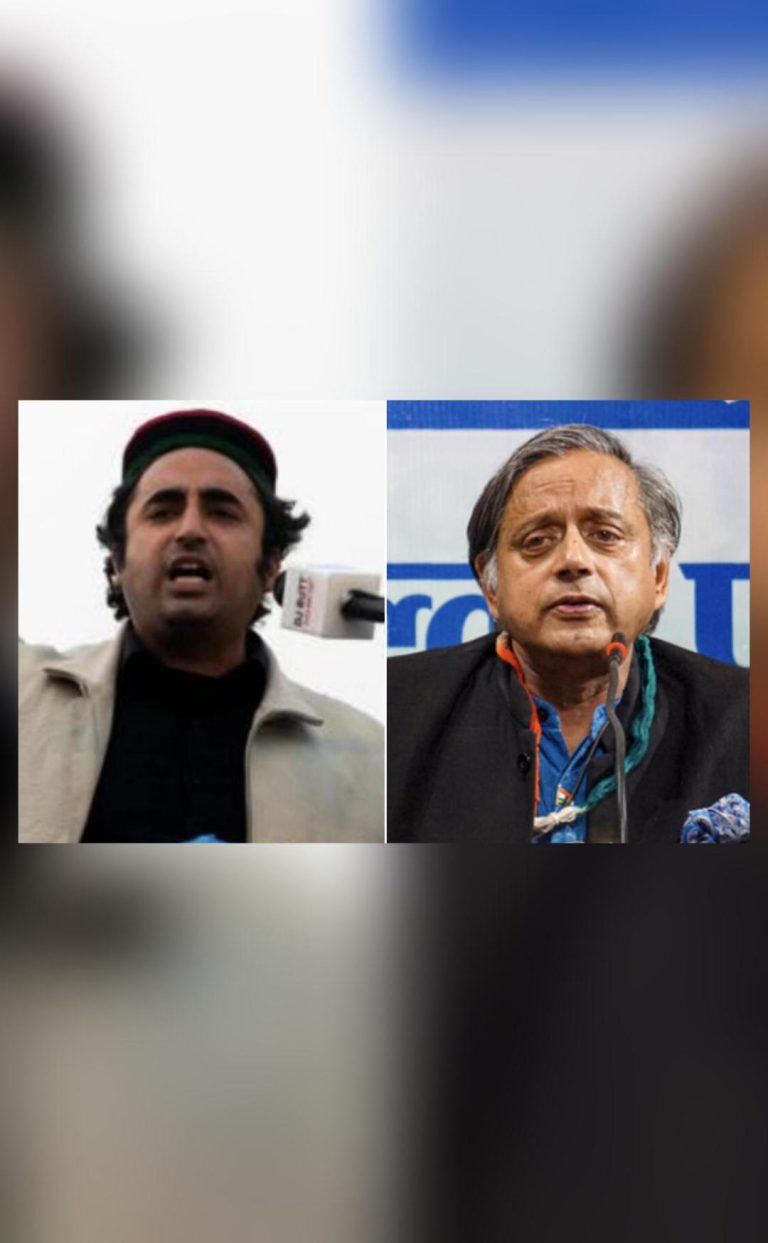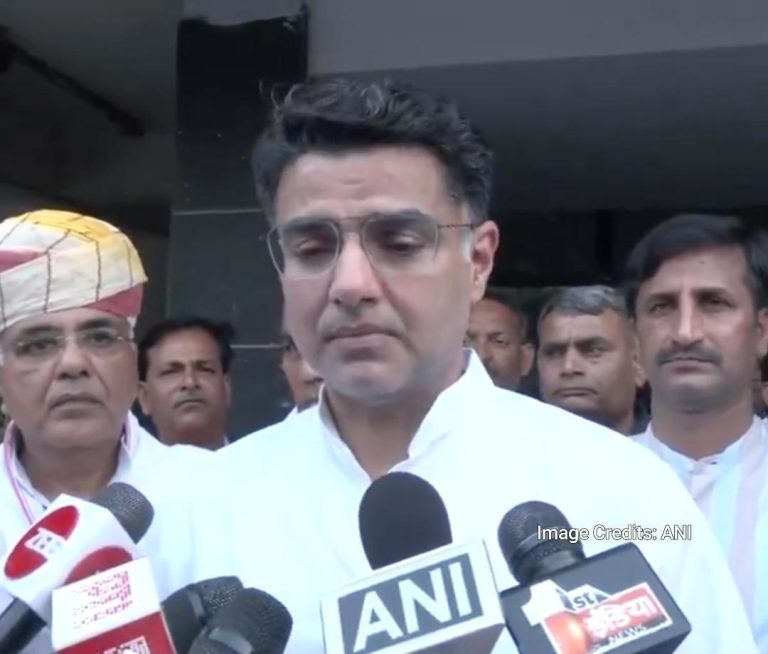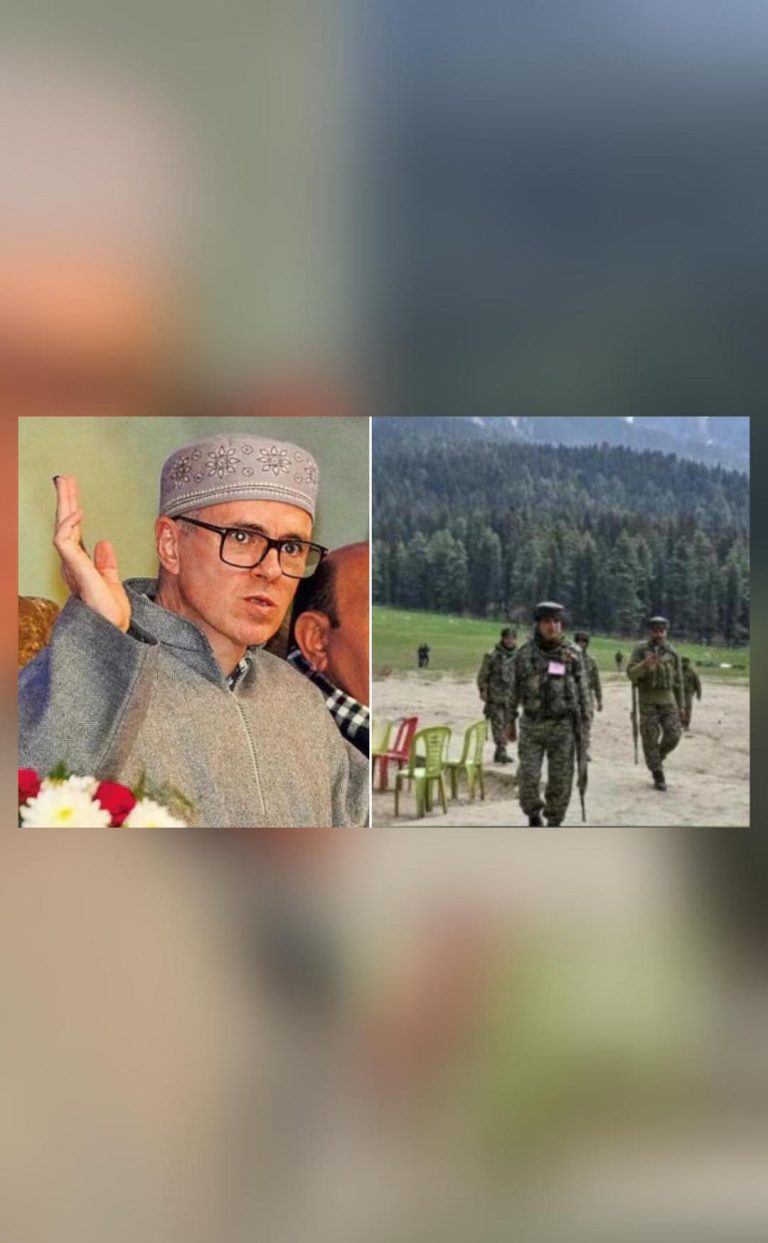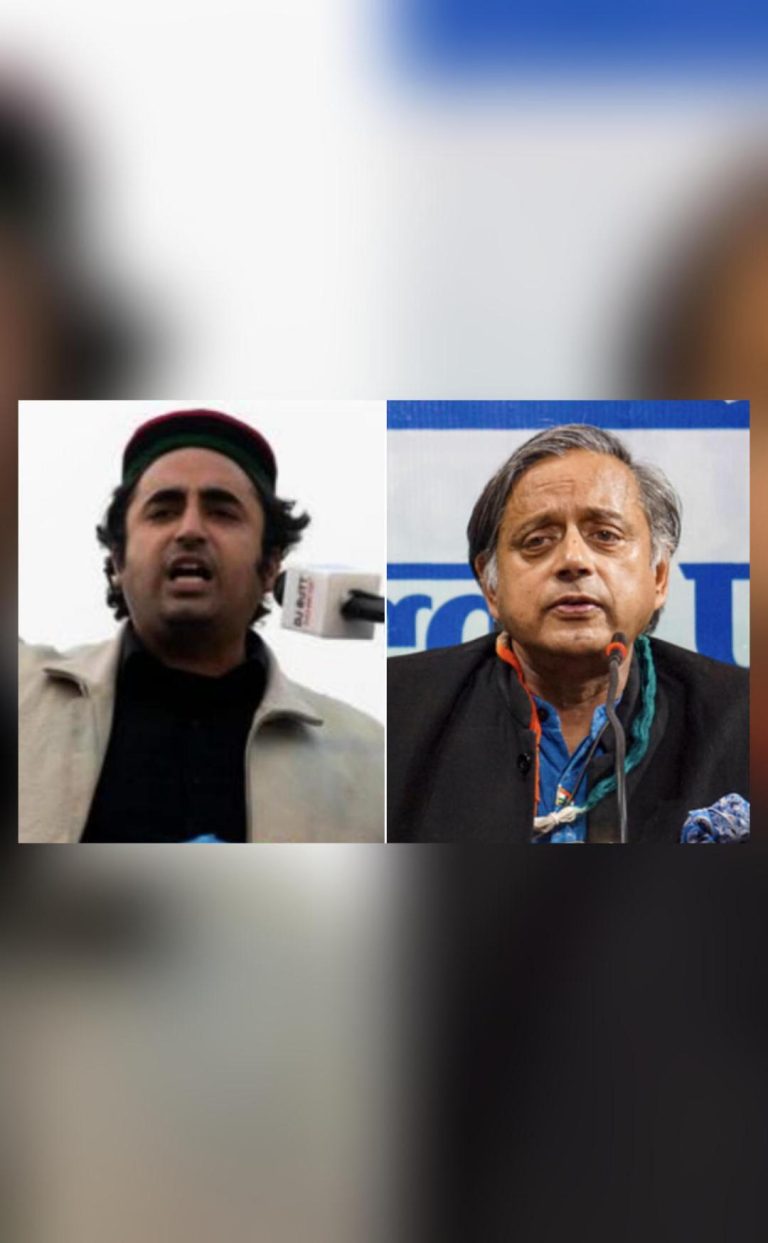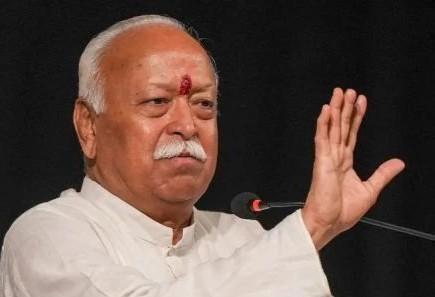
If someone turns to evil then we’ll teach lesson: Bhagwat on J&K attack
In the wake of the recent terror attack in Pahalgam, Jammu and Kashmir, RSS chief Mohan Bhagwat has sparked a heated debate with his comments on the incident. In a statement, Bhagwat emphasized that non-violence is India’s religion, but he also made it clear that the country will not hesitate to teach a lesson to “oppressors and hooligans” who resort to evil means.
The RSS chief’s remarks have raised eyebrows, with many questioning the organization’s stance on non-violence and its commitment to upholding the values of ahimsa (non-violence). However, Bhagwat’s statement also highlights the complex and nuanced nature of the situation in Kashmir, where separatist groups have been waging a violent insurgency against the Indian state for decades.
In his statement, Bhagwat acknowledged the importance of non-violence as a fundamental aspect of Indian culture and society. He emphasized that India is a country where the concept of ahimsa is deeply ingrained, and that non-violence is not just a means of resolving conflicts, but also a way of life. However, he also made it clear that the country will not tolerate violence and terrorism, and that those who resort to such means will be taught a lesson.
Bhagwat’s statement was in response to the recent terror attack in Pahalgam, which resulted in the killing of several people and left many more injured. The attack was carried out by a group of militants who were seeking to disrupt the peace and stability of the region. The RSS chief’s comments were seen as a clear message to those who engage in such acts of violence that the country will not hesitate to take strong action against them.
The RSS chief’s statement has been greeted with mixed reactions from various quarters. While some have hailed his comments as a bold and necessary response to the growing threat of terrorism in Kashmir, others have criticized his stance as being too hawkish and lacking in empathy towards the victims of violence.
Critics of Bhagwat’s statement have argued that his emphasis on teaching a lesson to “oppressors and hooligans” is a recipe for more violence and bloodshed, and that it ignores the root causes of the conflict in Kashmir. They have also pointed out that the RSS chief’s statement is at odds with the values of non-violence and tolerance that are enshrined in Indian culture and society.
On the other hand, supporters of Bhagwat’s statement have argued that his comments are a necessary response to the growing threat of terrorism in Kashmir. They have pointed out that the country cannot afford to be soft on terrorism, and that those who engage in such acts of violence must be punished severely.
The RSS chief’s statement has also been seen as a reflection of the changing dynamics of the conflict in Kashmir. In recent years, there has been a significant shift in the nature of the conflict, with the rise of terrorist groups such as the Lashkar-e-Taiba and the Jaish-e-Mohammed. These groups have been responsible for numerous attacks on civilians and security forces, and have been linked to Pakistan’s intelligence agencies.
In this context, Bhagwat’s statement can be seen as a message to Pakistan and its intelligence agencies that India will not hesitate to take strong action against those who engage in terrorism and violence. The RSS chief’s comments are also seen as a reflection of the growing frustration and anger among the people of Jammu and Kashmir, who have been affected by the violence and terrorism in the region.
In conclusion, Bhagwat’s statement on the Jammu and Kashmir attack highlights the complex and nuanced nature of the situation in Kashmir. While his emphasis on non-violence is welcome, his statement also underscores the need for strong action against those who engage in terrorism and violence. The RSS chief’s comments are a reflection of the changing dynamics of the conflict in Kashmir, and highlight the need for a nuanced and multi-faceted approach to resolving the issue.
Source:
https://youtu.be/SpAKVWl5wII
